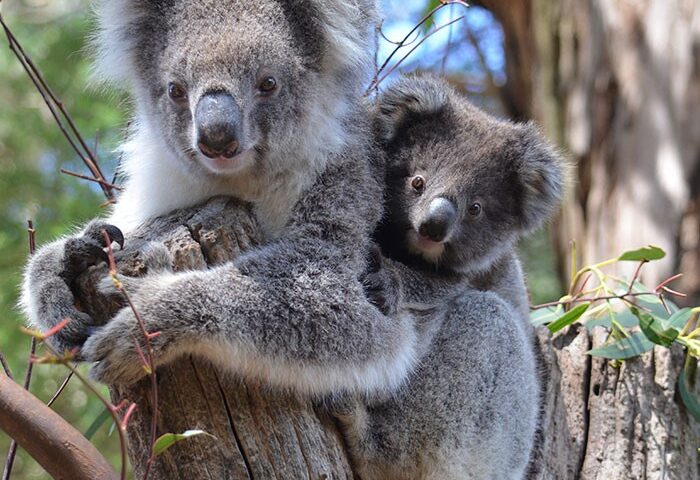REBOUNDING WHALE POPULATIONS GREAT FOR OCEAN ECOSYSTEMS

Jump for joy. Rebounding populations of humpback whales could remake marine ecosystems.
 Eli is a contributing correspondent for Science magazine.
Eli is a contributing correspondent for Science magazine.Far from depleting the resources of ocean ecosystems, growing numbers of large whales may be critical to keeping these environments healthy. That’s the conclusion of a new study, which finds that rebounding populations of baleen and sperm whales may be boosting marine food webs around the world. The work is the latest volley in a long-running debate about the ecological role of whales and how their return to the oceans may affect global fisheries that face myriad threats.
Scientists have noted the gradual global recovery of various species of large whales. But many disagree about the impact this is having on ocean ecosystems. Some have cast whales as potential competitors to fishing fleets, because they vacuum up tons of invertebrates and small fish that might otherwise be available to commercially valuable species. Under that line of reasoning, some have argued in favor of the continuation of commercial whaling. In the 1970s and 1980s, for example, researchers argued that reducing certain whale populations would aid stocks of krill, a ubiquitous crustacean in the Southern Ocean that is a key food source for baleen whales and other marine species.
But the new study notes that krill populations remained constant or even declined after great whales experienced big declines. How so? The authors reason that the whales helped provide nutrients critical to krill and other species low on the food web. For instance, the mammals release massive “fecal plumes” and urine streams that fertilize surface waters with nitrogen and iron, the authors note, and help enhance productivity by mixing up the top layers of the ocean when diving.
Whales also move nutrients horizontally around the ocean. Humpback whales, for example, are a species of baleen whale known for grand migrations from the upper latitudes—like Pacific waters near Alaska—to the subtropics where nutrients are more scarce, near Hawaii and Mexico. Using historic and current population data, the study’s authors calculate that rebounded populations of whales could increase the productivity of phytoplankton in some subtropical waters by as much as 15% above the current level.
Another underappreciated contribution to marine ecosystems, the authors report online today in Frontiers in Ecology and the Environment, is the bounty of organic material the animals provide to deep-sea ecosystems when they die. A so-called whale fall of a 40-ton gray whale provides a boost of carbon to the seafloor community equivalent to more than 2000 years of normal detritus and nutrient cycling.
“The reduction of whale carcasses during the age of commercial whaling may have caused some of the earliest human-caused extinctions in the ocean,” writes the study’s first author, conservation biologist Joe Roman of the University of Vermont in Burlington, in an e-mail. “More than 60 species have been discovered that are found only on whale falls in recent decades. By removing this habitat through hunting, we may well have lost many species before we even knew they existed.”
Such new understandings, Roman and his colleagues write, “warrants a shift in view from whales being positively valued as exploitable goods … to one that recognizes that these animals play key roles in healthy marine ecosystems.”
The new study is a useful addition to the debate on the role of whales in global ecosystems, writes marine ecologist Lisa Ballance of the National Oceanic and Atmospheric Administration in San Diego, California, in an e-mail. “As [whales] recover, we can indeed expect their influence on marine ecosystems to change the structure and function of those systems relative to the past 100 years.”



